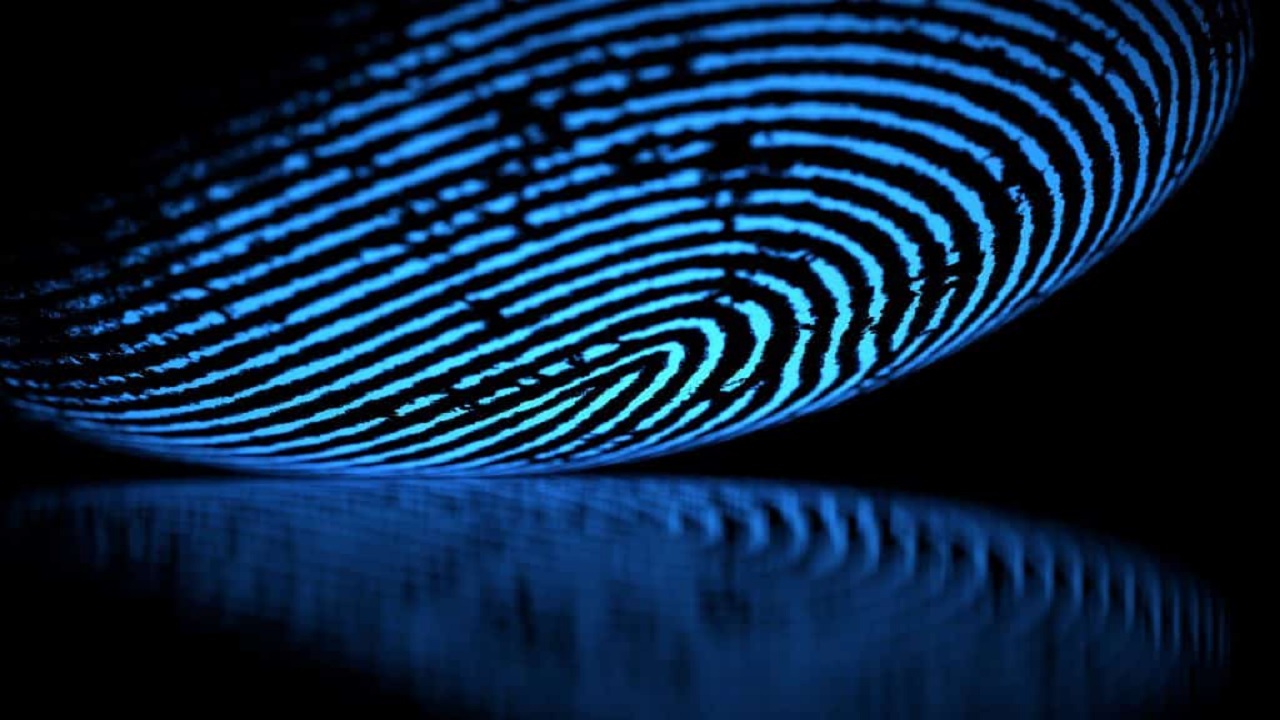AI Challenges Conventional Wisdom: Are Our Fingerprints Truly Unique?

Columbia University researchers are challenging the conventional belief that fingerprints are unique with a study that employed an artificial intelligence (AI) tool. Trained on 60,000 fingerprints, the AI demonstrated an ability, with 75-90% accuracy, to identify whether prints from different fingers belonged to the same individual. The surprising aspect is that the AI seemed to focus on the orientation of ridges in the centre of the finger, rather than traditional minutiae markers. Professor Hod Lipson, who supervised the study, acknowledged uncertainty about how the AI achieves this distinction.
AI Challenges Conventional Wisdom: Are Our Fingerprints Truly Unique?
The AI tool did not use traditional forensics markers, which have been in use for decades. Professor Lipson suggested that the AI might be leveraging factors like the curvature and angle of the swirls in the fingerprint centre. This departure from established methods has raised questions within the scientific community, as experts like Professor Graham Williams from Hull University point out that the uniqueness of fingerprints has never been unequivocally proven.
The potential impact of this research extends to both biometrics and forensic science. In criminal investigations, the AI tool could connect unidentified fingerprints from different crime scenes to the same individual, a task currently challenging for conventional forensics. However, the Columbia University team, lacking a forensic background, emphasized the need for further research.
Despite showing promising outcomes, experts do not consider the AI tool courtroom-ready. Gabe Guo, an undergraduate student involved in the study, noted that the tool is more suitable for generating leads in forensic investigations rather than deciding evidence in court cases. Dr Sarah Fieldhouse, an associate professor of forensic science at Staffordshire University, expressed reservations about the study’s potential impact on criminal casework due to uncertainties about the AI’s focus markers and their consistency.
The journal Science Advances is yet to publish the study. As the technology develops, more extensive datasets and consideration for real-world variations in fingerprint quality will be essential. The debate around the uniqueness of fingerprints persists, with anecdotal evidence from a grandmother in Cheshire claiming her twin grandchildren can unlock each other’s iPhones using their fingers, challenging the reliability of fingerprint-based biometrics. Research from the previous year suggested a genetic process behind fingerprint formation similar to how animals get their markings, proposing a theory first introduced by Alan Turing in the 1950s.
See Also: Transforming Workforce: IBM Study Shows 40% Need Reskilling for AI in 3 Years
PTA Taxes Portal
Find PTA Taxes on All Phones on a Single Page using the PhoneWorld PTA Taxes Portal
Explore NowFollow us on Google News!





